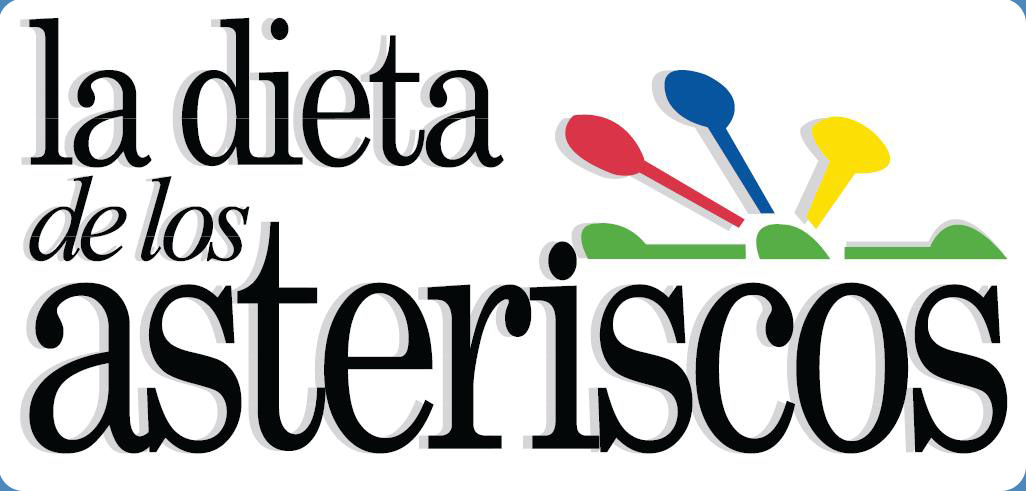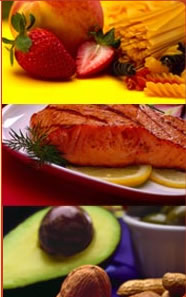Avoid a heart attack

According to the data from Squibb laboratories, one out of two people who suffer a heart attack dies in the first two hours and 30-50% of survivors remain incapacitated.
Elevated cholesterol levels is the most frequent cause of death or incapacitation from cardiac disease, which is why it is recommended to check blood cholesterol levels and maintain them below 200 mg/dl. Cholesterol tests should be done at least twice a year is you have high blood cholesterol levels, as the majority of heart attack sufferers do not show any symptoms and have a heart attack at the least expected moment.
Although the main sources of cholesterol are food of animal origin, our livers can also increase the production of cholesterol internally, especially when we lead a stressful life. For this reason, it is not only important to change eating habits, but also to learn relaxation techniques to control stress.
How are arteries blocked?
If we compare our arteries to a major city street you can think of some trucks as stopping and dropping off bricks on the street and others as picking up those bricks to take them to build houses and other buildings. Our bodies rely on low-density lipoproteins (LDL) to deposit cholesterol in our arteries and high-density lipoproteins (HDL) to pick-up the cholesterol from our arteries and deliver it to our cells to form hormones. When we consume animal-origin foods or foods with saturated fats, we increase the levels of low-density lipoproteins, otherwise known as bad cholesterol, which remain in our arteries and overtime that leads to plaque formation which obstructs blood circulation.
FOODS THAT HELP AVOID HEART ATTACKS
Cold water fish, such as trout, herring and salmon contain Omega 3, a fatty acid that increases the concentration of HDL, which is responsible for collecting the cholesterol from the arteries and carrying it to our cells.
Foods rich in fiber, such as apples, carrots, wheat, beans, lentils and bananas, clean cholesterol from our arteries and help blood flow.
Researchers at the Department of Agriculture agree that cholesterol levels can decrease by 10-20% by eating two carrots a day.
Other vegetables rich in pectin, such as broccoli, cabbage and onions are also effective. Rosemary and artichokes block absorption of cholesterol in the intestine and increase the concentration of biliary acids.
Garlic and vitamin E avoid the formation of clots and help thin blood.
RECOMMENDATION:
1. Consumer eggs and red meat only twice a week. Prepare egg whites with vegetables and choose lean cuts of meat, such as steak, flank or filet.
2. Opt for fish or skinless chicken or turkey
3. Decrease consumption of cold cuts, such as ham, sausage, mortadella and salami. Avoid bacon, chorizo, carnitas and Spanish ham.
4. Choose calamari, octopus and crab; avoid oysters, clams and shrimp.
5. Choose nonfat milk and fresh cheeses, such as Mozzarella, Ricotta and cottage cheese
6. Avoid solid fats, such as butter, shortening, margarine and coconut
7. Take a 400 mg vitamin E supplement and consume foods rich in vitamin E, such as wheat germ, avocado, seeds and vegetable oils
8. Lose weight and quit smoking
9. Increase your physcial activity
10. Relax and enjoy life
Order your personalized diet here https://dietasalamedida.com/portal/pag_en.asp

